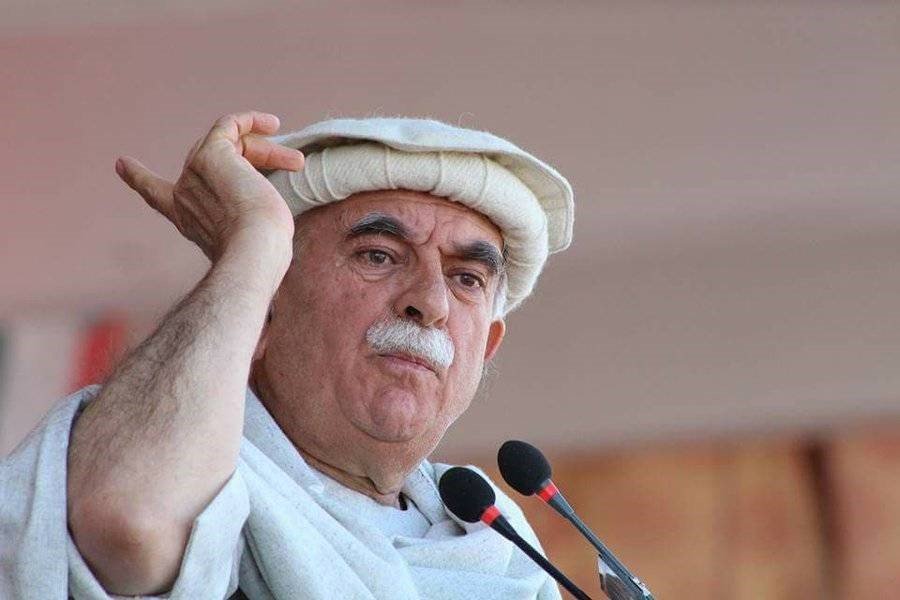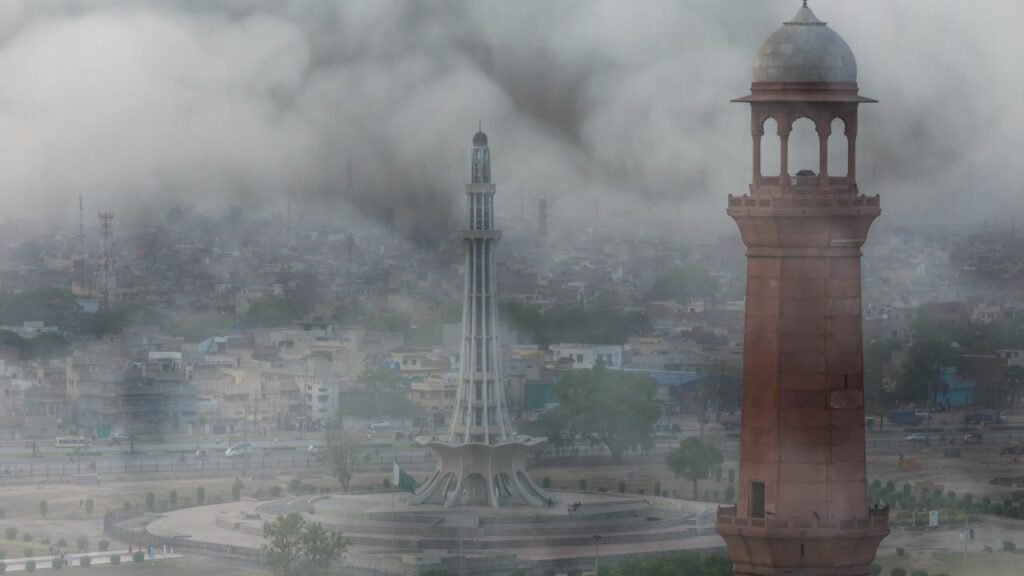Barrister Ali Naqvi
In Pakistan’s turbulent political landscape, political punishments have repeatedly been employed as a tool to suppress rivals. Disqualifications, arrests, and selective accountability are often seen as short-term measures to weaken opponents, yet history proves that they rarely succeed in reducing public support or party mobilization. In fact, political victimization tends to backfire, galvanizing party workers, creating sympathy waves, and exposing the fragility of democratic institutions.
The assumption that targeting political figures will neutralize their influence is fundamentally flawed. Political loyalty in Pakistan is deeply rooted in narratives of resilience, victimhood, and defiance against perceived injustice. Whenever a leader is seen as unfairly punished, their supporters respond with renewed energy, mobilizing at the grassroots level and reinforcing their party’s narrative. Political punishments therefore harm institutional credibility more than they harm political opponents.
Pakistan’s history is filled with examples of how political punishments fail to achieve lasting results. From the dismissals and legal cases against Benazir Bhutto in the 1990s to the imprisonment of Nawaz Sharif in 2018, such actions often strengthen the public image of targeted leaders as fighters against an unjust system. Even recent political events show that these measures fuel polarization, embolden party workers, and deepen societal divides. Political victimization, rather than stabilizing the system, has consistently undermined democratic norms and eroded trust in state institutions.
The use of political punishments has far-reaching consequences for governance. It undermines the rule of law when institutions are weaponized for partisan goals. Accountability processes lose credibility when they are perceived as selective or politically driven. Citizens then begin to view democracy not as a system of fair competition, but as a cycle of revenge where winners wield power to suppress opponents and losers await the next opportunity for retaliation. This cycle of victimization breeds public disillusionment and weakens the foundations of democratic governance.
Political punishments also distract governments from policy-making and reform. Instead of focusing on economic recovery, social development, and administrative efficiency, much of the state’s energy is spent on legal battles, media campaigns, and managing political crises. As a result, governance suffers, institutions become politicized, and the gap between the government and the public continues to grow.
In such an environment, Pakistan urgently needs a national commitment to end political victimization. A comprehensive understanding between political parties is essential, ensuring that none will support or engage in politically motivated punishments. This unwritten rule of restraint could be formalized in a National Charter of Democracy, under which all stakeholders pledge to respect electoral outcomes, prevent the misuse of state institutions, and allow accountability to function independently and transparently.
Ending political victimization would not only reduce polarization but also help restore public confidence in the political system. A democracy where leaders compete on policies rather than persecution is far more likely to produce effective governance and sustainable political stability. It will also signal to the world that Pakistan’s democratic institutions are maturing and capable of handling transitions of power without resorting to retribution.
Political punishments in Pakistan have consistently triggered sympathy waves that strengthen rather than weaken targeted leaders. Party workers and supporters rally around victimized politicians with increased determination, while neutral citizens often perceive such actions as unjust. This emotional response reinforces the political narrative of those punished and undermines the credibility of the ruling party or establishment actors responsible for such measures.
To break this damaging cycle, political stakeholders must prioritize the long-term health of democracy over short-term political gains. True democratic strength comes not from silencing opponents but from engaging them in fair and open political competition. Only by rejecting the politics of punishment can Pakistan’s political system evolve into a stable, inclusive, and accountable democracy. The future of democratic governance depends on dialogue, tolerance, and fair play rather than vengeance and victimization.















